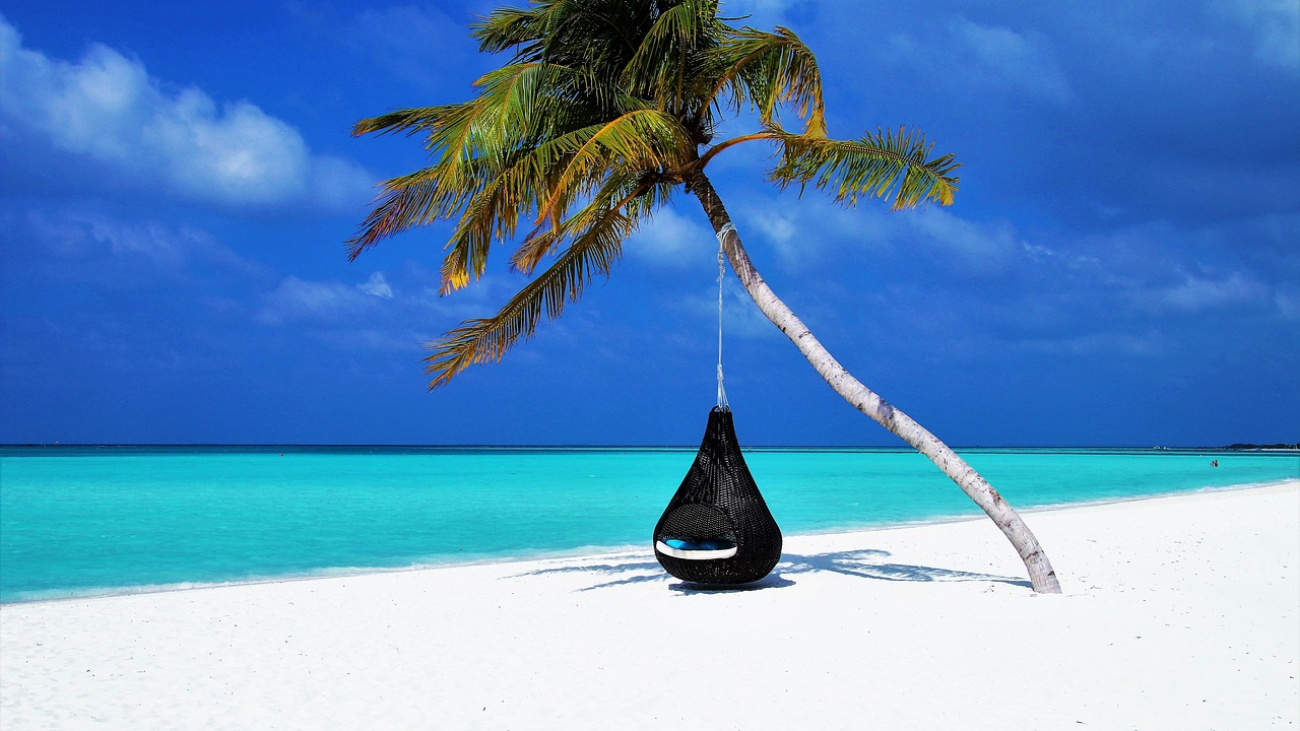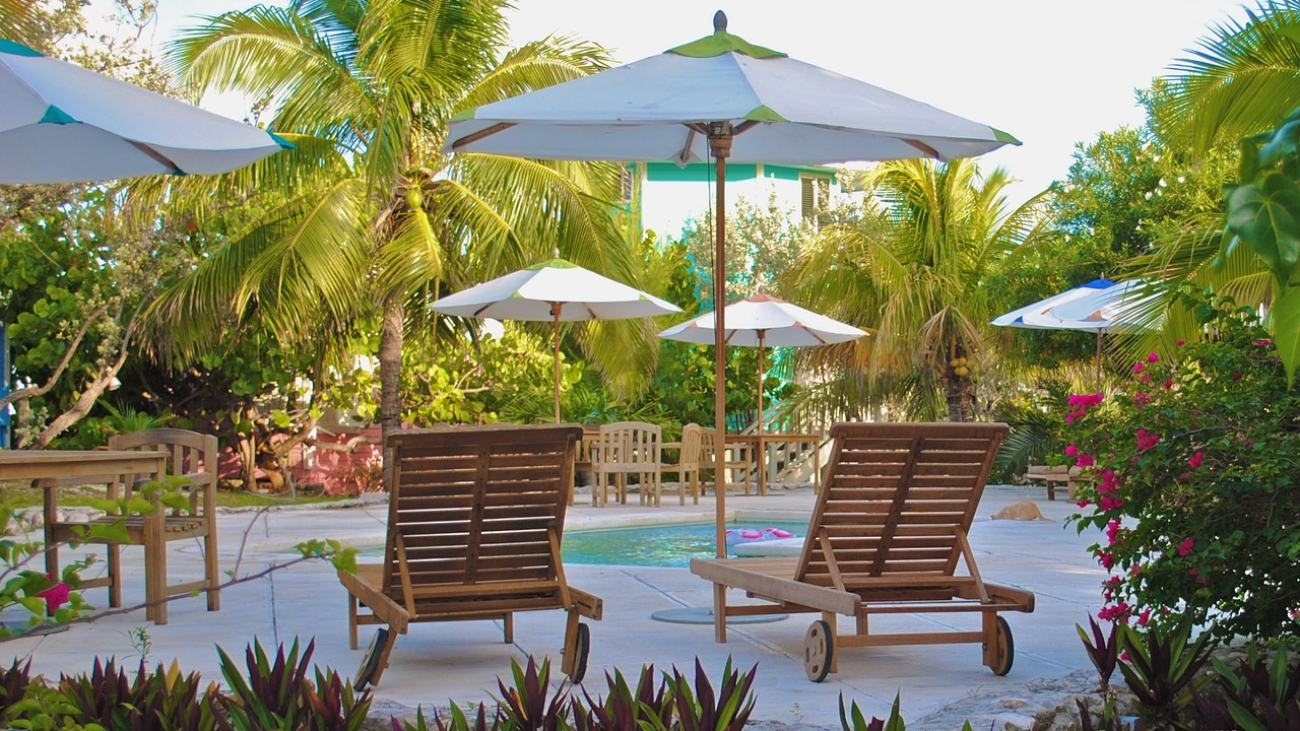Investing in Your Success: High ROI MBA Programs in New York
In the bustling landscape of New York, where opportunity thrives and ambition fuels success, pursuing an MBA can be a game-changer for professionals aiming to elevate their careers. With a plethora of options available, selecting the right MBA program becomes crucial, especially when considering the return on investment (ROI). In this article, we’ll explore high ROI MBA programs in New York, ensuring that your investment leads to tangible success.
- High ROI MBA Programs in New York: New York City stands as a global hub for finance, technology, and entrepreneurship, making it an ideal location to pursue an MBA. However, not all programs offer the same ROI. It’s essential to research and identify institutions renowned for delivering exceptional value for your investment.
- Top MBA Schools in New York: Several prestigious institutions in New York offer MBA programs known for their high ROI. Columbia Business School, New York University Stern School of Business, and Cornell University’s Johnson Graduate School of Management are among the top-ranked programs coveted by ambitious professionals seeking a transformative educational experience.
- Career Advancement Opportunities: One of the primary reasons professionals pursue an MBA is to advance their careers. New York’s vibrant business ecosystem provides unparalleled networking opportunities, mentorship programs, and access to industry leaders, giving MBA graduates a competitive edge in the job market.
- Specializations in High-Demand Fields: To maximize ROI, consider MBA programs offering specializations in high-demand fields such as finance, consulting, technology, and entrepreneurship. Specialized knowledge and skills in these areas not only enhance your marketability but also lead to lucrative career opportunities.
- Internship and Placement Support: MBA programs that prioritize internship and placement support significantly contribute to ROI. Institutions with strong relationships with leading companies and robust career services departments ensure that graduates secure internships and job placements aligned with their career goals, enhancing their earning potential post-graduation.
- Alumni Success Stories: Researching alumni success stories can provide valuable insights into the ROI of an MBA program. Look for institutions with a track record of producing successful alumni who have achieved notable career advancements, started their ventures, or made significant contributions to their industries.
Choosing the right MBA program in New York is a strategic investment in your future success. By selecting a program with a proven track record of delivering high ROI, you’re positioning yourself for accelerated career growth, increased earning potential, and professional fulfillment.
When considering ROI-focused MBA programs in New York, keep in mind the following high CPC keywords that advertisers are bidding for:
- “Top MBA Programs in New York”
- “ROI-driven MBA Schools in NYC”
- “High-ROI MBA Specializations in New York”
- “Career Advancement Opportunities for MBA Graduates”
- “Internship and Placement Support for MBA Students”
- “Alumni Success Stories from New York MBA Programs”
Investing in your success through an MBA program in New York is not just about acquiring a degree; it’s about gaining the knowledge, skills, and network necessary to thrive in today’s competitive business landscape. With the right program and a commitment to excellence, your investment will yield dividends that extend far beyond graduation.









